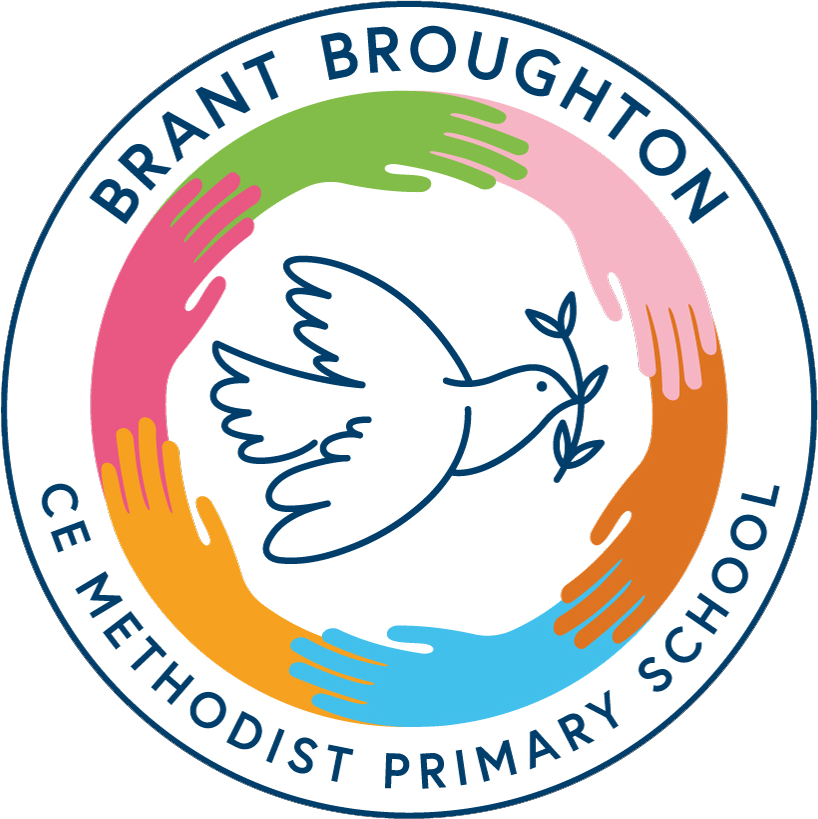Spiritual, Moral, Social, Cultural Learning (SMSC)
‘For you are all one in Jesus Christ’ Galatians 3:28
Our inclusive church school celebrates each person and makes sure that everyone is known and valued. An ambitious and engaging curriculum strives to lay strong foundations to prepare pupils for their lives now and in the future. In the spirit of Ubuntu (I am because we are) we travel together, discern possibilities and act in hope so that each person flourishes.
The four key themes of our vision of celebrating everyone, preparing for the future, travelling together and acting in hope determine our approach to spiritual, moral, cultural and social development. Through these, we recognise the humanity and uniqueness of everyone and act with kindness, courage, humility, hope as we approach the challenges and joys of everyday life.
Spiritual Development
Spirituality is a term which describes something intangible but also profound. It can encompass a broad spectrum of belief, experience and practice which impacts on a person's beliefs. It can refer to a sense of connection to a higher power, others, the natural world or divine source, or to the exploration of the inner self and the nature of consciousness.
Expressions of spirituality may involve prayer or reflection, music or silence, stillness or ritual and can involve aspects of self awareness and appreciation of the world or even wonder at the universe. Within a spiritual context, individuals may seek to ask or answer big questions of a deeper nature.
Spirituality is deeply personal and can mean different things to different people. We aim to give the children and adults in our school community the chance to grow their own sense of spirituality through:
- reflection on their own thoughts, feelings, and experiences, by helping them develop the vocabulary to talk about these
- opportunities to be amazed and to experience awe and wonder through the natural world and the ingenuity of humanity
- belonging and acceptance so that everyone can be both seen and understood and can see and understand others
- modelling the four habits - kindness, courage, humility and hope in our daily choices and actions
- curiosity including opportunities for children to learn and explore concepts beyond their own day-to-day experiences
- shared spiritual experiences within and beyond collective worship and the curriculum
Moral Development
Moral development is the process by which individuals learn to distinguish right from wrong. It is the process by which individuals learn to understand and apply ethical principles in their behaviour and decision-making.
Moral development continues throughout a person's life, as individuals are exposed to new experiences and challenges that require them to make choices in a variety of different contexts. We recognise that many factors, including family and cultural values, social norms, personal experiences and context can influence moral perspective.
Through modelling positive behaviour, providing opportunities for decision-making, reflection and critical thinking, we work to encourage the wisdom, kindness and courage which supports everyone to develop their moral compass.
Social Development
Social development refers to the process by which we all learn to interact with others and to understand the norms and expectations of different social environments. It involves the acquisition of social skills, such as communication, cooperation, and conflict resolution, as well as the development of social and cultural identities.
Strategies for promoting social development include providing opportunities for social interaction and collaboration, modelling positive social behaviour, and teaching social skills and norms through direct instruction and guided practice. Effective communication and interaction is fundamental to social development. Through actively promoting oracy, vocabulary and listening skills, we provide children with key skills to underpin social development.
Cultural Development
Within society, individuals acquire and transmit cultural knowledge, beliefs, and practices from one generation and one person to the next. Cultural development involves an appreciation of our own cultural identity, values, and customs, as well as the ability to understand and appreciate the diversity of different cultures.
As individuals are exposed to the cultural beliefs and practices of their families, friends and communities, they develop a deepening understanding of their own cultural identity. We aim to ensure that everyone has the chance to encounter new cultures with kindness and humility, so that difference is met with understanding and appreciation.
Within our taught and lived school experience, we provide opportunities for cross-cultural interactions and experiences, promoting diversity and inclusivity in education and encouraging children to respect each other's differences.
